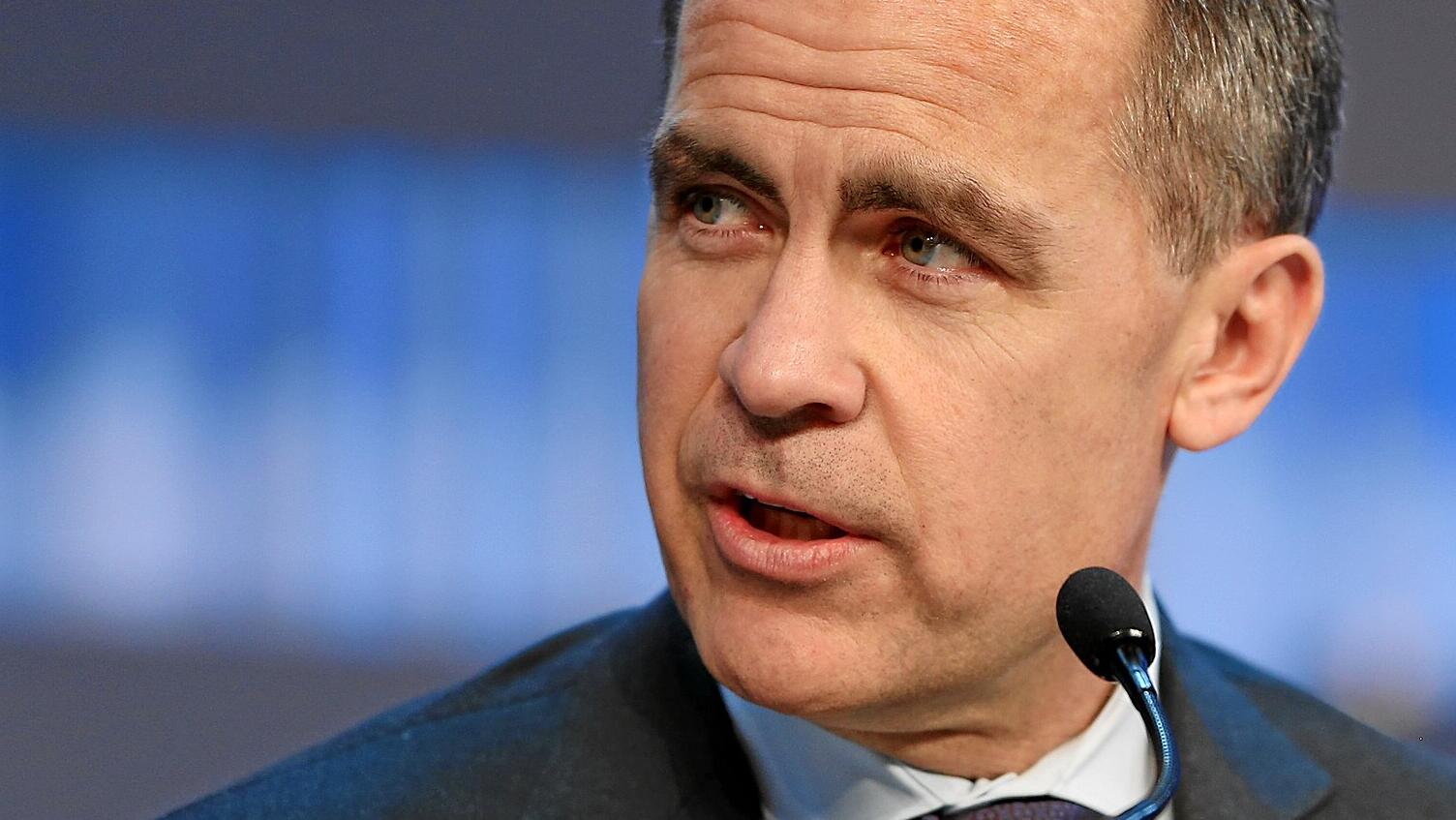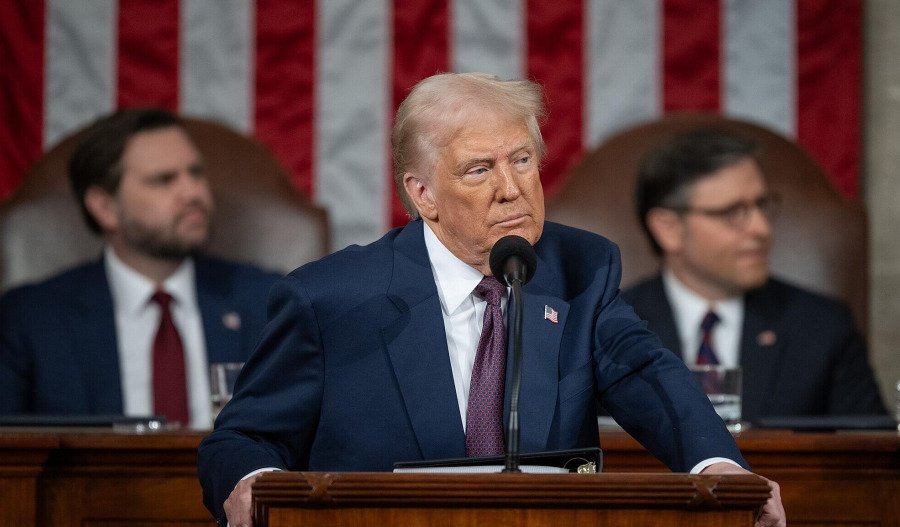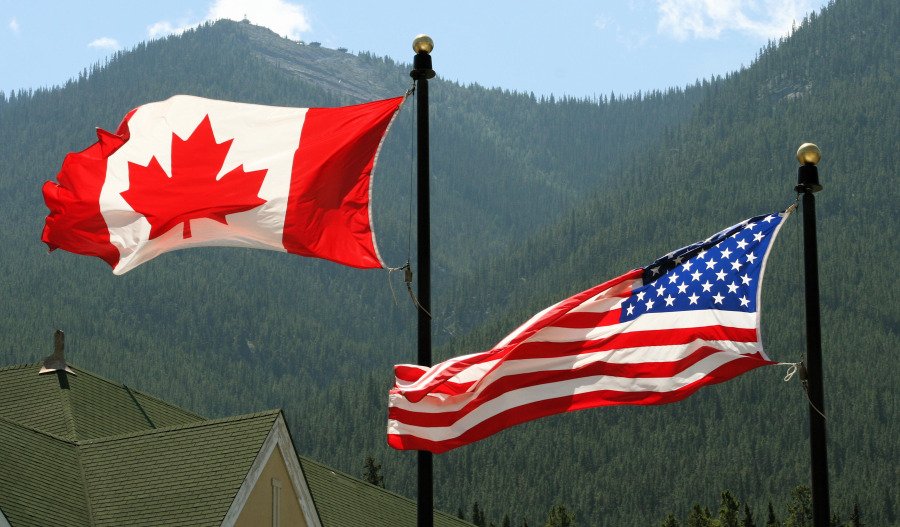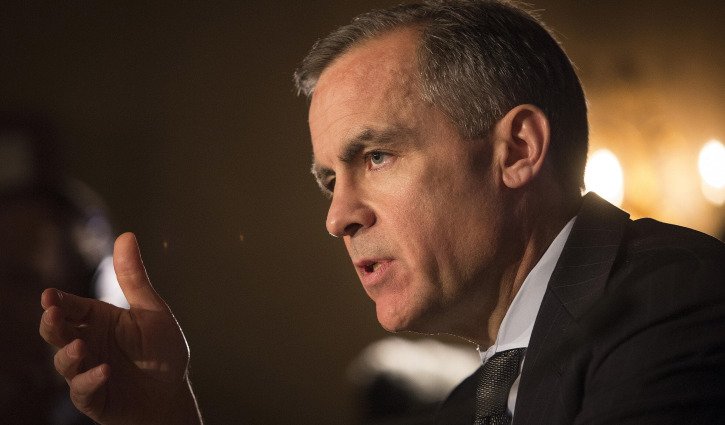Mark Carney, the former governor of the Bank of Canada and the Bank of England, has been elected leader of the Liberal Party of Canada. Upon becoming prime minister, he will succeed Justin Trudeau.
With 86% of the vote, Carney defeated former finance minister Chrystia Freeland.
After nine years in power, Trudeau resigned in January due to plunging approval ratings and internal opposition within his party.
It comes at a tumultuous time for Canada, which is embroiled in a trade war with the United States. Now a general election is imminent.
With Carney's appointment, the Liberal Party is expected to revive and meet ongoing trade tensions with American President Donald Trump.
Political novice Carney highlights his experience negotiating trade deals and managing financial crises.
He has promised to retaliate against the U.S. dollar-for-dollar and boost domestic investment.
It is expected that Carney's leadership will revitalise the party before the general election and strengthen its position.
It will be his responsibility to navigate international trade complexities and protect Canada's interests.
Carney's experience in central banking and reputation for steady leadership during financial crises will make him an invaluable leader. Carney must also call a general election by 20 October this year.
Until the transition of power is complete, Trudeau will remain as prime minister.
By announcing major infrastructure projects, social programs, and reconciliation initiatives, Trudeau has made significant contributions to his political legacy.
Additionally, he attended an emergency defence summit in Ukraine and met with King Charles III.
The future plans of Trudeau remain uncertain, but he is expected to remain active in Canadian politics and international affairs.



